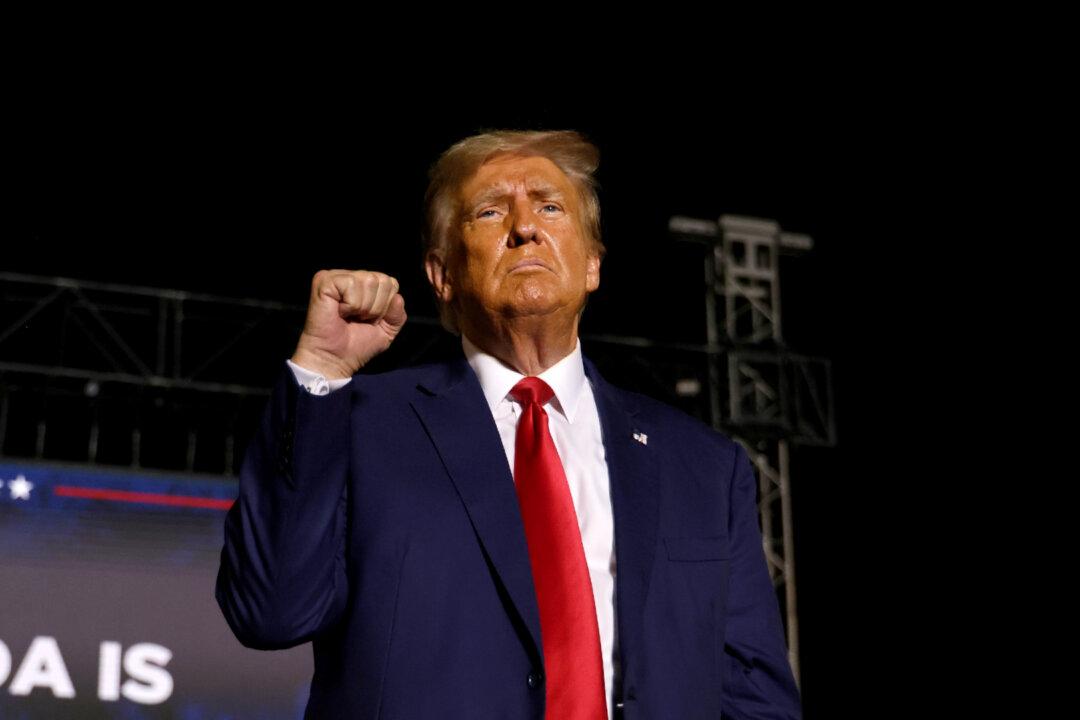The Michigan Court of Appeals upheld a lower court decision, ruling on Thursday that former President Donald Trump was eligible to appear on the state’s primary ballot.
“Nothing in the statutory framework that controls the process for presidential primary elections confers any authority on the Secretary of State to make eligibility determinations or to refuse to place a candidate on that particular ballot based on an eligibility determination,” the three-judge panel wrote, echoing the lower court opinion.





